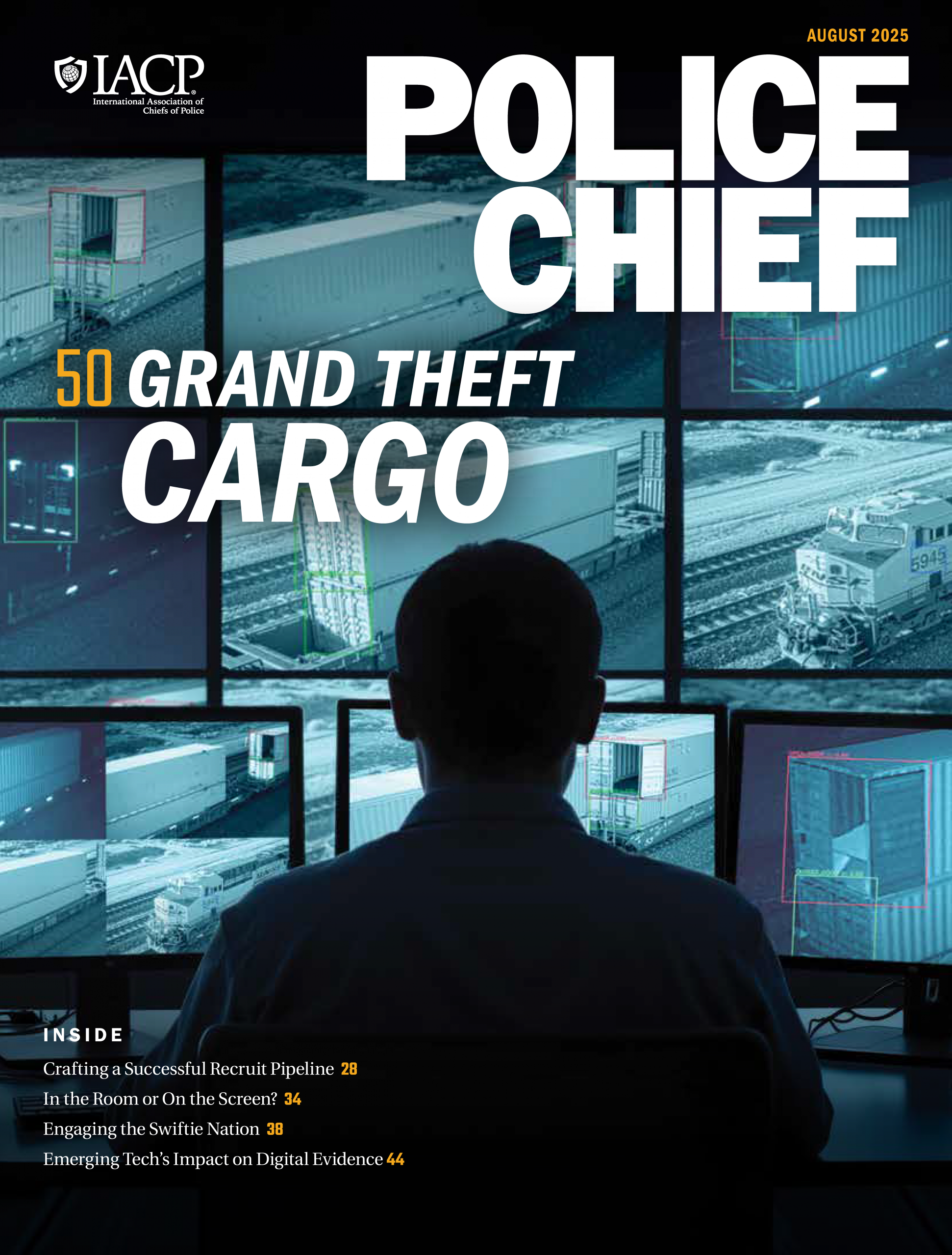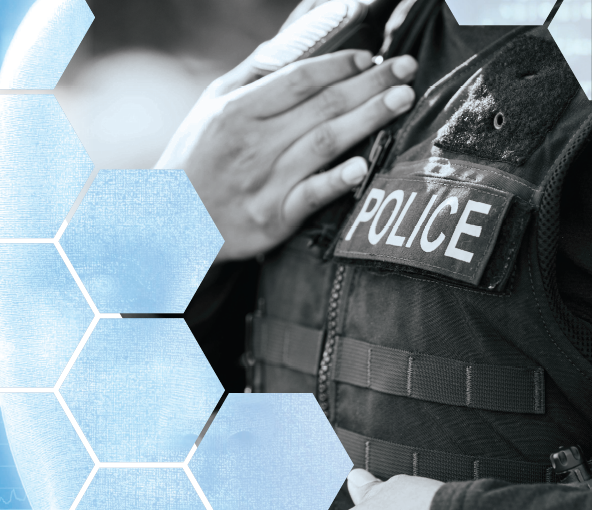
Share
Recent artificial intelligence (AI) development has set off alarm bells in government circles and among the public. Police officials are now confronted with the need to better understand and manage AI...
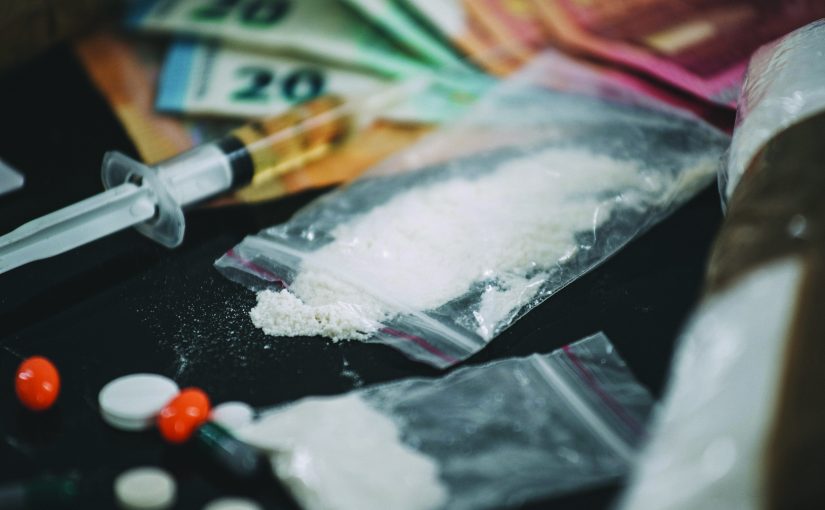
Share
In an era marked by the evolving landscape of drug policy and community well-being, the province of British Columbia (BC), Canada, recently embarked on a significant journey. This journey bears resem...
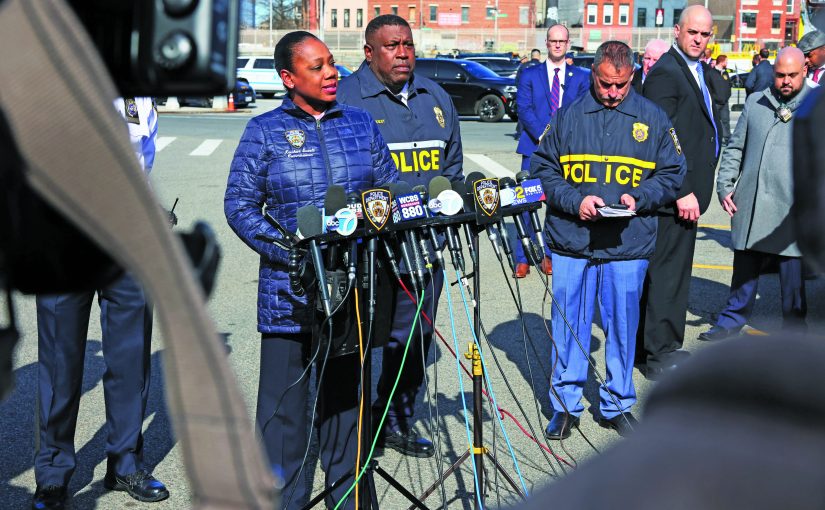
Share
One of the many skills required by law enforcement leaders today is the ability to communicate well—especially during A crisis. Departments must be able to inform and engage myriad audiences and sta...
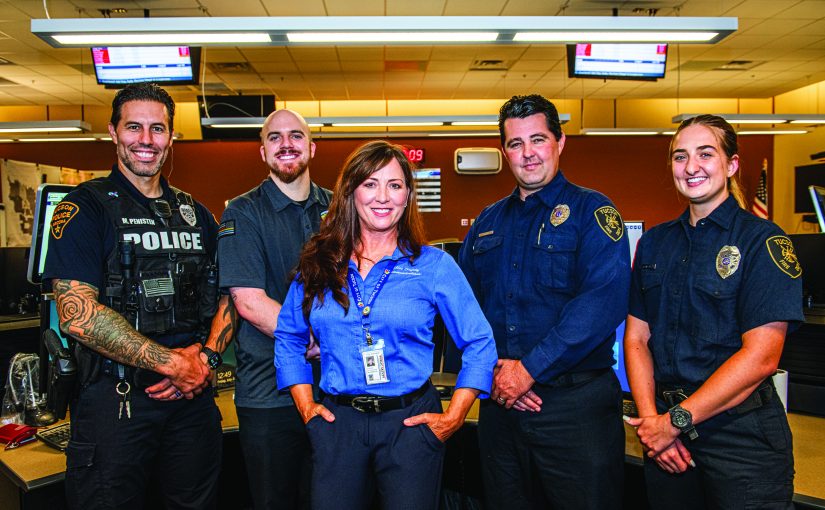
Share
“This is 911, what is your emergency?”
“My neighbor assaulted me again; I’m injured and scared—I don’t know if he is coming back.”
When this call comes in, who responds? Police to ...
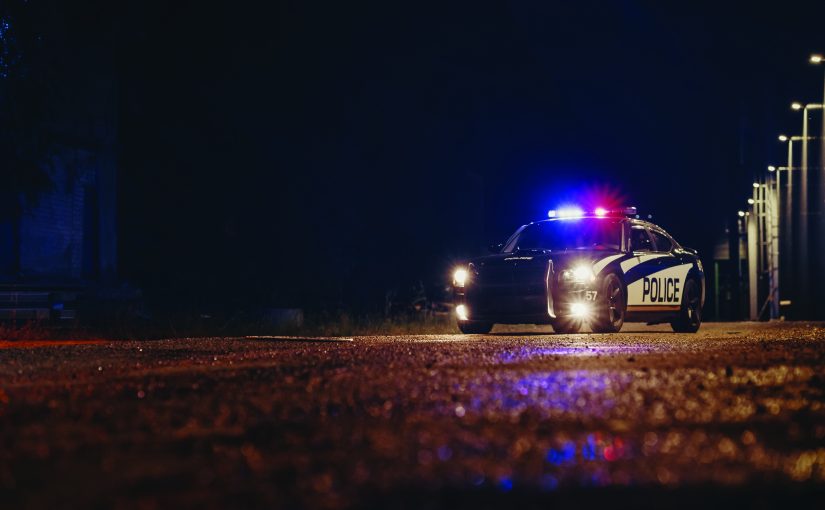
Share
Ferguson. Baltimore. Louisville. Minneapolis. Deadly police-civilian encounters over the past decade in these and other U.S. cities have launched presidential task forces and sparked protests, riots, ...

Share
Many police agencies across the United States are dealing with increasing violence in their jurisdictions while also facing political pressures to limit enforcement activities. Within this context, or...
Share
In an effort to bolster the discussions on crime and homeland security issues in this U.S. presidential election year, the IACP submitted a series of questions to both major-party candidates for presi...
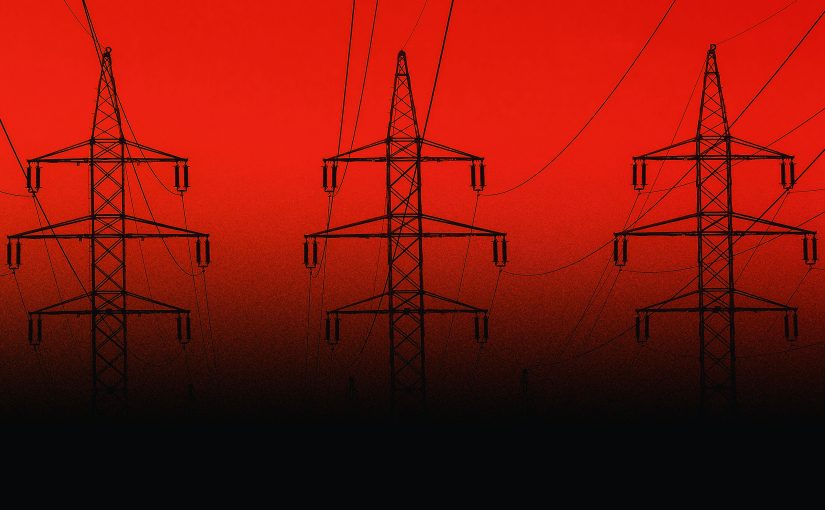
Share
New York City got a proverbial punch in the mouth on July 13, 1977, when a lightning strike took out three electrical substations, resulting in a cascading blackout. After 24 hours without electricity...



